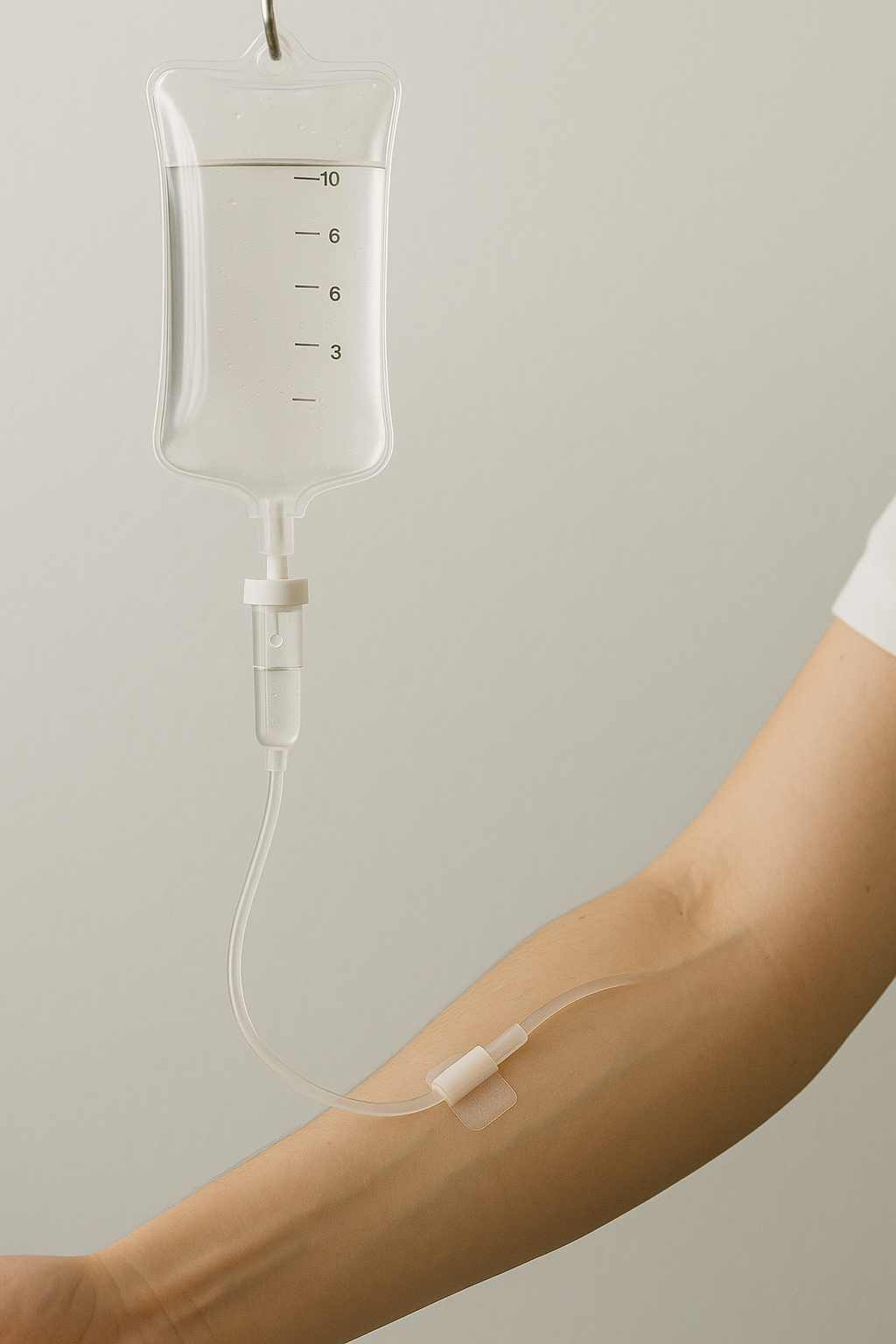How Diet and Exercise Support Mental Health
Wave Treatment Centers
How Diet and Exercise Support Mental Health
You already know that diet and exercise are the keys to improving your strength and maintaining a healthy weight. But did you know that proper nutrition and appropriate physical activity can also enhance your mental and emotional well-being? When you understand more about how diet and exercise support mental health, you can begin to make the changes that can significantly improve your quality of life.
The Benefits of Exercise for Mental Health
Moving your body can improve your mood, boost your self-confidence, and ease the symptoms of many mental health disorders. Best of all, you don’t need to train for a marathon or become a world-class weightlifter in order to enjoy the mental health benefits of exercise.
Reduces Depression Symptoms
Physical activity alone cannot eliminate all depressive disorders. But considerable research indicates that regular exercise can improve symptoms. Studies also suggest that exercise can reduce the likelihood that a person will develop depression.
For example, a study in the June 2022 issue of JAMA Psychiatry found that even moderate amounts of physical activity can lower a person’s risk for depression. The JAMA study involved an analysis of 15 prior studies that involved more than 190,000 adults.
The study’s authors estimated that, if the entire population got the recommended amount of daily physical activity, more than 10% of all cases of depression may have been eliminated.
Helps Control Anxiety
Anxiety disorders can cause people to become more sedentary. This lack of activity can, in turn, exacerbate symptoms of anxiety. But when people who have anxiety incorporate greater amounts of activity into their daily life, they may begin to experience relief from their symptoms.
According to a 2013 study in the journal Frontiers in Psychiatry , exercise promotes a range of physiological changes in the body. Several of these changes can have a beneficial effect on how people respond to stress and manage anxiety. One of the changes noted in the study involves exercise’s ability to reduce reactivity levels in the hypothalamic-pituitary-adrenal (HPA) axis. The HPA axis plays a key role in how a person responds to stress. Preventing the HPA axis from overreacting to stress can lead to an easing of anxiety symptoms.
Promotes Mindfulness
Mindfulness can be incorporated into treatment for several types of mental and behavioral health disorders. Anxiety, depression, post-traumatic stress disorder (PTSD), and substance use disorders are just a few examples of the many concerns that can be helped by mindfulness.
Mindfulness encourages people to be present in the moment and aware of their emotions and surroundings. It also promotes a nonjudgmental perspective, as well as a healthy mind-body connection. Yoga, walking meditation, mindful running, and various breathing exercises offer opportunities to blend mindfulness with physical exercise to improve your emotional well-being.
The Benefits of Diet for Mental Health
Food is the fuel that powers your body. When you put the wrong type of food into your body, you diminish your ability to perform to your greatest potential. But when you start to follow a healthier diet, you can improve both your physical strength and your cognitive abilities.
Healthier Brain Functioning
What you eat can impact how you think. A 2021 article on the Harvard Medical School website reports that the following five foods can promote improved brain functioning:
- Green vegetables such as kale, broccoli, and spinach
- Fatty fish such as tuna, which is rich in omega-3 fatty acids
- Berries such as blueberries, strawberries, and blackberries
- Caffeinated coffee and tea
- Walnuts and certain other types of nuts
The foods listed above are also associated with improved heart and blood vessel health.
Production of Serotonin
Serotonin is a neurotransmitter. It relays messages between cells in your central nervous system. Your body’s ability to produce and regulate serotonin can affect your mood. Improper serotonin levels have been linked to anxiety, depression, and other mental health concerns.
One of the many benefits of following a healthy diet plan is that this can help your body produce an appropriate amount of serotonin. Poultry, eggs, spinach, salmon, and soy products are among the many foods that can help you maintain optimal serotonin levels.
Controls Blood Sugar
Excess sugar in the blood has long been linked to health problems such as diabetes. Research indicates that blood sugar levels can also affect a person’s mental health. High blood sugar can influence and heighten anxiety, irritability, and depression.
To reduce your sugar levels, experts advise including fruits, nuts, sweet potatoes, oatmeal, and legumes in your diet. Reducing your intake of carbonated soda, candy bars, white bread, and other sugar- or carbohydrate-rich foods and beverages can also have a positive impact.
Treatment Programs Can Advise on Diet and Exercise For Mental Health
Effective treatment can help you understand how diet and exercise support mental health. When you get help from a reputable provider, your treatment team may offer nutritional guidance. They may also help you find appropriate ways to incorporate exercise into your daily life.
Of course, for diet and exercise to support your mental health, they have to include foods you like to eat and activities that you enjoy taking part in. You don’t have to eat food you hate or engage in exercise that feels like punishment. When you work with compassionate treatment providers , they’ll help you find the healthy foods and beneficial activities that you will want to include in your life.
Find Outpatient Mental Health Treatment in Philadelphia, PA
WAVE Treatment Centers provides a personalized outpatient programming for adults who have been struggling with anxiety, depression, and many other mental health disorders. Our treatment center in Philadelphia, Pennsylvania, is a safe and supportive place where you can learn to manage your symptoms and regain control of your life. Contact us today to learn more.
The post How Diet and Exercise Support Mental Health appeared first on WAVE Mental Health Treatment Centers.
Schedule Your Consultation
Chestnut BLOG Form Submission

















